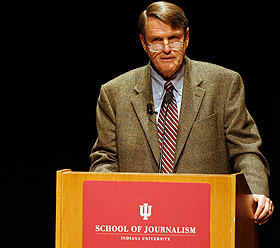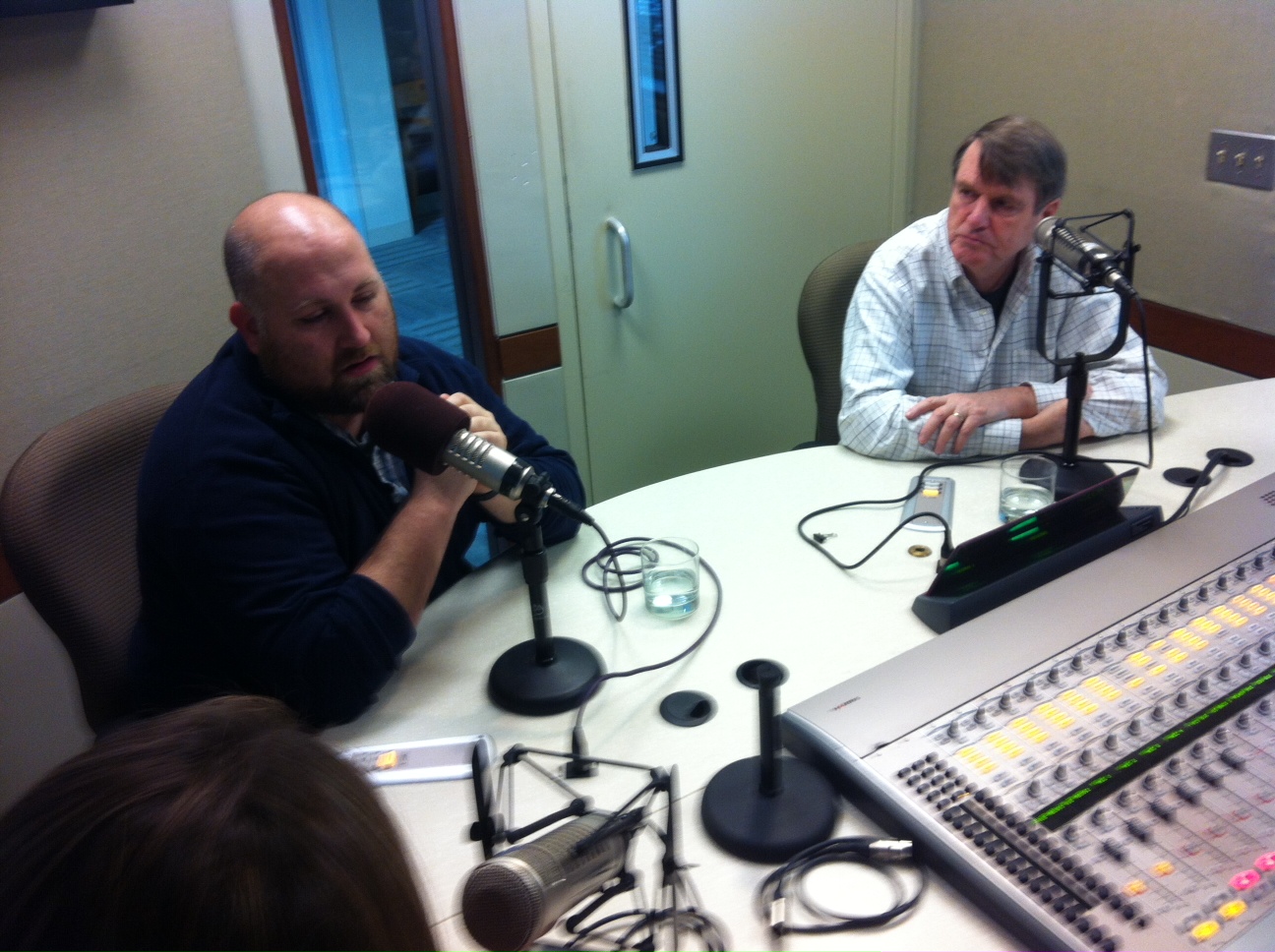


There are a number of examples of this trend, like Dan Rather’s embarrassing speech last year at an Aspen Institute symposium, where he asked President Obama to create a government commission to “save journalism,” or the recommendations of the risibly clueless Knight Commission, with its recent call for a “federal tax credit for the support of investigative journalism” and creation of a “Geek Corps for Local Democracy.”īut the mother lode of the literature in promotion of this unfortunate movement is a lengthy piece published last year in the Columbia Journalism Review. Given this track record it’s shocking but not surprising, as the saying goes, that journalists are these days recommending so many ill-considered ways that government might “save” or “restructure” American journalism. Nor have they objected much to the “speech codes” that have been implemented on so many college campuses, or to the right of government to regulate the media in ways, as with some of the broadcasters’ “public interest” obligations, where such regulations have the practical effect of undermining the broadcasters’ editorial freedom.Īs with commercial speech, all of these issues implicate the First Amendment, and all have been considered by the courts as such issues, but not to the interest or concern of many reporters. In similar fashion reporters – aside from such notable exceptions as George Will – have raised very few objections, along First Amendment or any other lines, to the speech-curtailing aspects of so-called campaign finance reform, as in McCain-Feingold’s restrictions on issue ads. State and federal courts, including the Supreme Court, have adjudicated many cases wherein they have ruled that advertising and other kinds of promotional speech is entitled to First Amendment protection, but these cases are rarely covered, other than in the media trade press, to any significant degree. Things, for instance, like commercial speech. This explains why journalists report and opine so infrequently on the myriad First Amendment issues that impact people and institutions other than themselves. But the point remains: Reporters and the commentariat generally have a very blinkered view of the scope of the Speech Clause of the First Amendment. They want access to government information, protection from libel laws, and the right not to have to reveal their sources.Īs it happens, all of those things are of benefit not just to journalists but also to the news-consuming public, which is why legislation creating a federal shield law for reporters, to give one example, is a good idea.

They are doing this, they say, out of a concern for the “future of journalism,” but to the extent that policymakers act on the journalists’ recommendations they may do damage to the commercial media, old and new, and great violence to the First Amendment.įor the most part, journalists’ understanding of and support for the First Amendment is limited to their parochial interests. Despite their general lack of experience or expertise in law, commerce, finance, or technology, people with journalistic backgrounds are these days testifying before Congress and regulatory agencies, sponsoring seminars, and writing papers in a broadly coordinated effort to influence laws and regulations that govern the media.


 0 kommentar(er)
0 kommentar(er)
